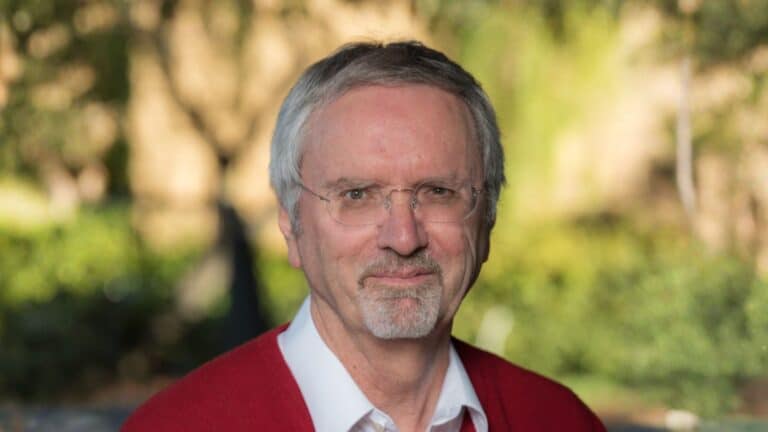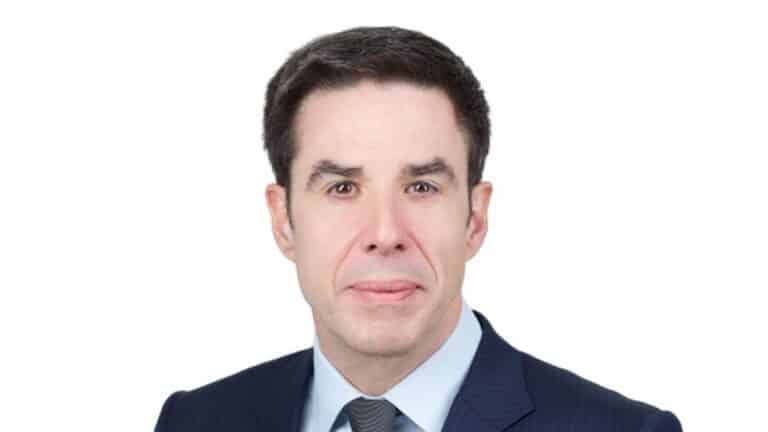Could a strategic lithium reserve kickstart US supply chain development?
NEW YORK -- A strategic lithium reserve is being mooted as a solution to stabilize volatile prices that have hindered American mining projects, allowi
Current Access Level “I” – ID Only: CUID holders, alumni, and approved guests only
President Biden is heading to Saudi Arabia next month amidst a global energy crisis. The trip is nothing new. For decades when faced with an oil crisis, presidents from both political parties have turned to Saudi Arabia.
That’s because it’s one of the key players in the global oil market, producing about 10% of the world’s oil.
For a deep dive into the unique role that Saudi Arabia plays in global oil markets, host Jason Bordoff spoke with Dr. Ibrahim AlMuhanna. He’s the vice chairman of the Saudi Association for Energy Economics and a longtime advisor to the Ministry of Energy for the Kingdom of Saudi Arabia.
Between 1989 and 2017, he worked closely with four successive energy ministers, playing a central role in developing Saudi energy policy and communicating it to the outside world. His new book “Oil Leaders: An Insider’s Account of Four Decades of Saudi Arabia and OPEC’s Global Energy Policy” is the latest in the Center on Global Energy Policy book series published through Columbia University Press.
The pair discussed Dr. AlMuhanna’s career overseeing consequential energy decisions and the role of Saudi Arabia in global energy markets now and moving forward.
This has been a crucial year for US energy policy. The passage of the One Big Beautiful Bill Act eliminated many of the clean energy incentives that were...

Over the past week, President Trump has intensified pressure on Venezuelan president Nicolás Maduro by targeting the regime’s economic lifeline—oil. The United States has seized two oil tankers...

If it seems like you're hearing a lot more about geothermal energy lately, that's because this clean, firm energy source is at a technological turning point. With roots...

Investment in clean energy technologies is on course to hit a record $2.2 trillion this year, according to the International Energy Agency. That’s more than twice the amount...

Early on 3 January 2026, the United States launched a military operation to arrest President Nicolás Maduro and remove him from Venezuela. This operation also involved the arrest...

President Donald Trump’s impulsive, go-it-alone approach is uniquely ill-suited to the long-term and cross-cutting nature of the challenge that China poses.

As the host of COP30, Brazil has an unprecedented platform to demonstrate its climate leadership.

The global clean energy economy today looks starkly different than it did even 10 years ago. Not only have production and deployment of clean energy technologies expanded significantly, the geographic distribution of clean energy manufacturers, resellers, and end-users has shifted dramatically.
